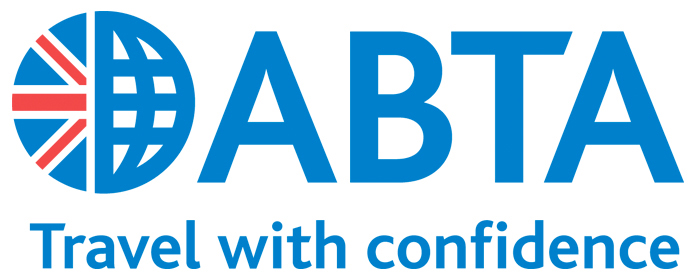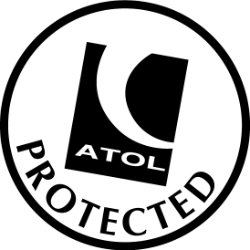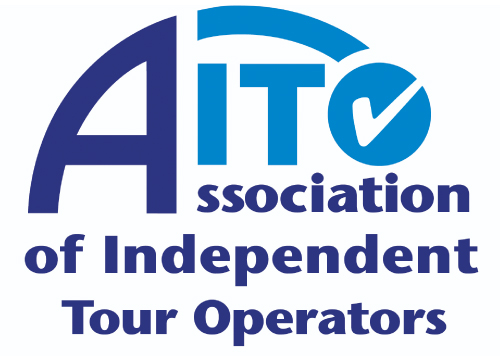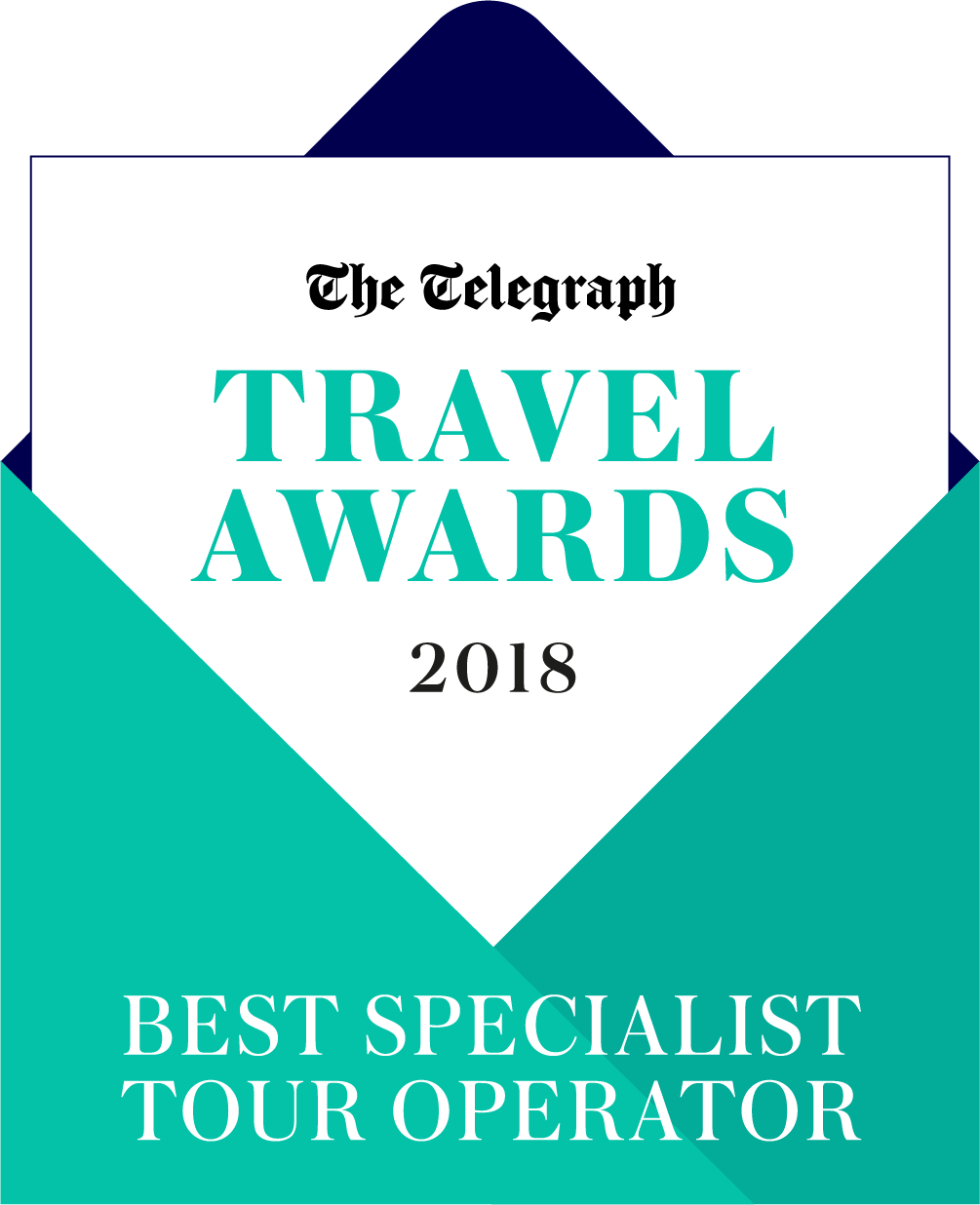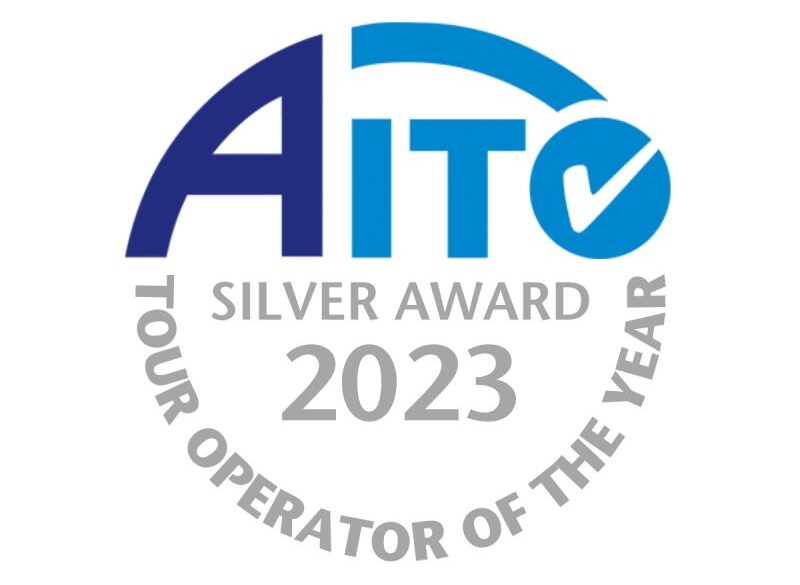What to Wear in Egypt:
The type of clothing to take on your holiday to Egypt will depend on the time of year and what type of holiday you are going on. Nevertheless there are some essential tips that are universal. Regardless of when you are travelling, plan on wearing casual comfortable clothes. For the summer months, pack lightweight tops and pants made from khaki or cotton. Wear lightweight, natural and breathable fabrics for your body to regulate its temperature easier.
👕 A few clothing items that should always be included are T-shirts and long sleeve shirts, to provide sun protection. Airy, long sleeved shirts with a collar will keep the sun off your arms and neck.
🧥 A lightweight jacket is great for an extra layer of warmth in case you need it.In the winter months (December, January and February) days can be chilly and sometimes cloudy. You may need a light pullover during the day and a warmer coat at night.
👟 Comfortable trainers are suitable as you can expect to be doing some light walking around dusty historic sites. Wear your shoes in for at least a month before travel so you know they are comfortable.
👒 Hats are a fantastic way to protect your head and face from the sun and they have the added benefit of reducing glare for better sight seeing.
🕶 Sunglasses should be worn to block out harmful rays (polarised glasses will cut through the glare to make sure you don’t miss a thing).
👙 Don’t forget to pack a swimsuit and shorts if your accommodation has a pool or if you are hitting the beach!
🧕🏽 Remember when you are not swimming to cover up with a Kaftan or Sarong. A pashmina or wrap can be useful at times where you need to keep yourself covered, either from the heat or from avoiding unwanted attention or if you are visiting a religious site. Keeping a loose wrap or pashmina over your shoulders will also keep you cooler.
👖Cargo trousers are perfect with plenty of pockets to store your camera and sunscreen. For your evening meal, long linen trousers or an ankle length skirt are the perfect way to look smart, stay cool, prevent mosquito bites all whilst adhering to the conservative cultural standards.
🦟 Light coloured clothing in the evening is recommended as to not attract mosquitoes.
Some essential tips:
- Bring dental floss: as an extremely strong thread, dental floss comes in handy for stitching on buttons, repairing a daypack or even mending shoes. The floss box is great for storing the needle and you can always use it on your teeth.
- Avoid camouflage clothing as most African countries reserve this for military personnel only.
- Avoid short tops, strap tops, tight clothes, short skirts or shorts when outside your hotel.
Still unsure on what to wear, please do get hold of us on email or call (0207 112 0019) to test our knowledge.
Egyptian Local Currency:
The official currency of Egypt is Egyptian Pound (E£). The Egyptian Pound is sub divided into smaller currency denominations known as qirsh or millimes.
Paying for things in Euros, US dollars and sterling is common and accepted. However, your money will go much further if you change it to Egyptian Pounds. The best places to exchange money are the currency exchange shops or banks. If you do chose to use a western currency you will most likely receive your change in Egyptian Pounds and there is a major shortage of small change so bear in mind that large bills can be difficult to break.
ATMS are widely available and credit cards are increasingly widely accepted.
Spending Money:
How much spending money you will need naturally depends on what level of meals and drinks you like to enjoy, your shopping habits and what is included already in your itinerary.
Eating local food which is usually Falafel sandwiches is normally around £1. Most restaurants will serve a sit down meal for £3 but if you are looking to go to high end places or want international cuisine you may be looking at around £8 per plate.
It is likely a lot of excursions and transfers will be included in your trip but you can also book trips and transfers from most places in Egypt. Major Tourist site admissions are around £10 and a personal tour guide and driver will cost about £5 per hour. A train ticket from Cairo to Luxor costs about £10, a flight from Cairo to Luxor costs about £35 and a Nile cruise from £140 per person per night.
We are always happy to send you some ideas on what is on offer and more price guidelines dependant on your trip. Please do get hold of us on email or call (0207 112 0019) for some further pricing.
Tipping Guidelines:
Egypt has a culture of tipping so we suggest you carry small denomination coins with you. It is difficult to get small notes outside of Egypt, so stop at the bank at the airport and ask for small bills. Tips in Euros or Dollars will be accepted and will smooth things along, but currencies are difficult to exchange for the locals and they would vastly prefer Egyptian Pounds. When in doubt tip:
Drivers – E£160 – 400 per transfer
Tour Leader – E£160 – 460 based on the service provided
Tour Guide – E£320 – 805 per day
Nile Cruise Staff – E£80 – 110 per person per night
Cafes – E£5 – 10 based on the service provided
Guards at Tourist Sites – E£5 – 20 based on the service provided
Mosque Attendants – E£5 – 10 based on the service provided
Restaurants – 10% or more of the total bill based on the service provided
Toilets – E£5 based on the service provided
WIFI and Mobile Phone Coverage:
Free WiFi is widely available in most hotels throughout Egypt, however it is not always fast and often does not reach all of the hotel rooms. Many cafes in Cairo and tourist centres such as Luxor also have free WiFi. Internet cafes are very common and rates are usually about £0.50 per hour.
Egypts mobile phone network has thorough coverage, at least in the Urban areas.
Language:
Arabic is the national language of Egypt and it is spoken throughout the country. However, most Egyptians living in Cities have a basic command over the English language and some English words and phrases. Unfortunately the same cannot be said for French, Italian, Spanish and German. Nevertheless, Professionals working in the tourism sector have easily adapted to visitors who don’t speak Arabic. You shouldn’t have any problem communicating if you speak any of the above. Many of the guides are incredible and can speak up to 4 or 5 languages. Thus it is not a must to learn Arabic before travel but definitely advisable and beneficial to learn a couple of day to day basic Arabic words and phrases such as greetings. If you are planning to dive deeper and explore more than just the popular destinations and famous tourist attractions learning some phrases is a smart move.
Time Difference:
Egypt is 2 hours ahead of GMT. There is no daylight-saving time in Egypt so it remains this all year round.
